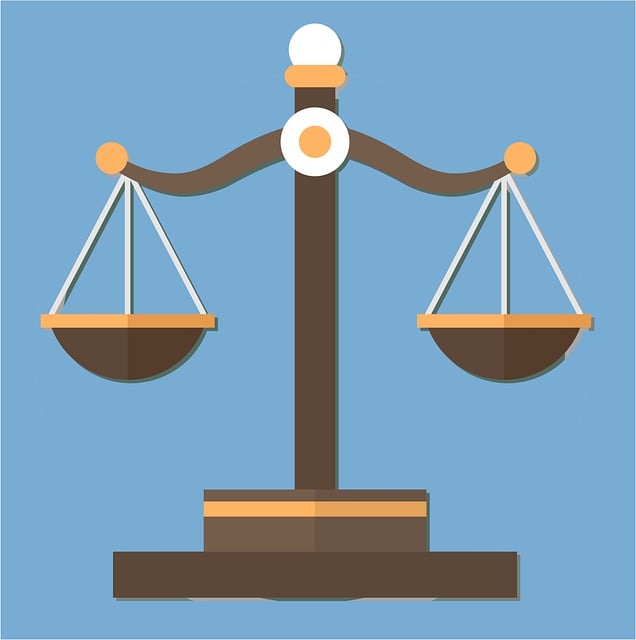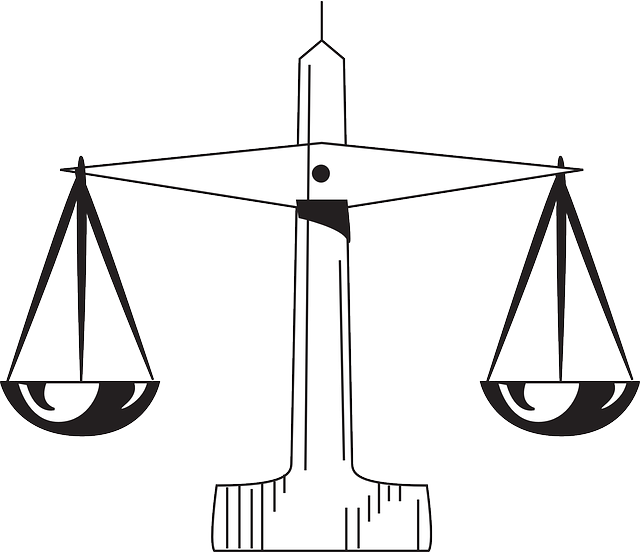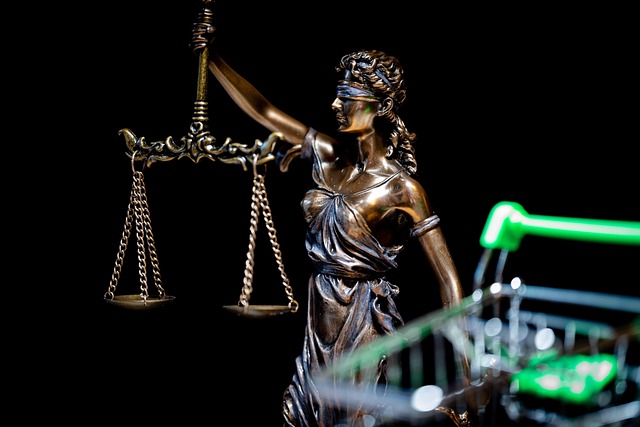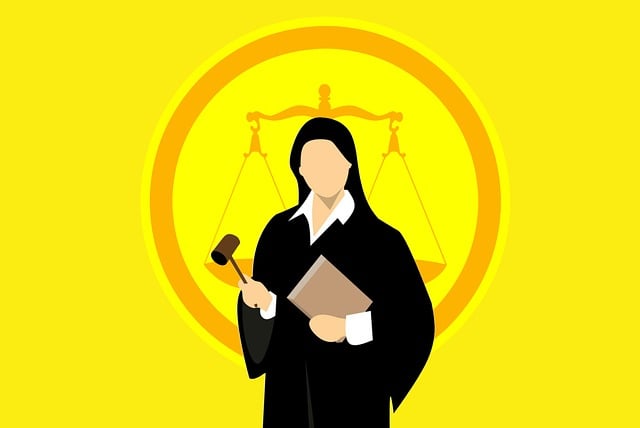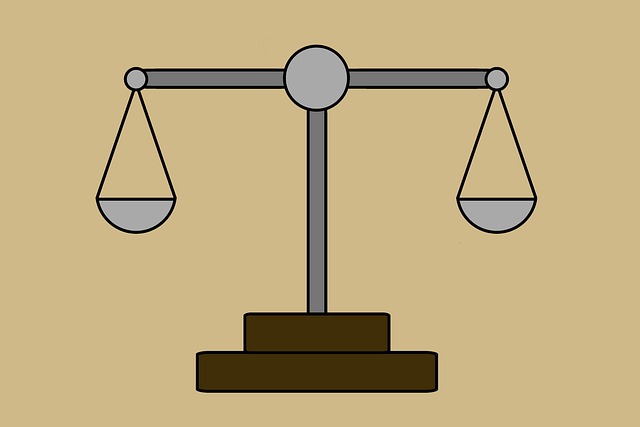In the complex field of criminal defense, criminal proceedings expertise is paramount. Legal professionals with this specialized knowledge navigate intricate laws, build robust strategies, and guide clients through high-pressure situations. Their expertise interprets evidence, anticipates outcomes, and ensures fairness, ultimately advocating for positive case resolutions. Effective communication, built on trust and understanding, enhances the attorney-client relationship. Legal Aid organizations leverage their criminal proceedings expertise to provide fair representation, even in high-profile cases. Emerging technologies like data analytics, VR, AR, and blockchain are transforming criminal defense dispute resolution, streamlining processes and enhancing efficiency.
In the intricate landscape of criminal defense, disputes arise, demanding meticulous navigation through complex legal waters. This article explores the pivotal role of legal assistance in resolving these challenges. From understanding common issues like evidence disputes and procedural errors to leveraging criminal law expertise, we delve into strategies that ensure effective client-attorney communication. We examine compelling case studies showcasing successful resolutions and speculate on future trends where technology promises to enhance criminal proceedings expertise.
- Understanding Criminal Defense Disputes: Common Issues and Challenges
- The Role of Legal Assistance in Navigating Complex Proceedings
- Expertise in Criminal Law: Unlocking the Keys to Successful Defense
- Strategies for Effective Communication Between Client and Attorney
- Case Studies: How Legal Aid Has Resolved High-Profile Disputes
- Future Trends: Technology Enhancing Criminal Defense Dispute Resolution
Understanding Criminal Defense Disputes: Common Issues and Challenges
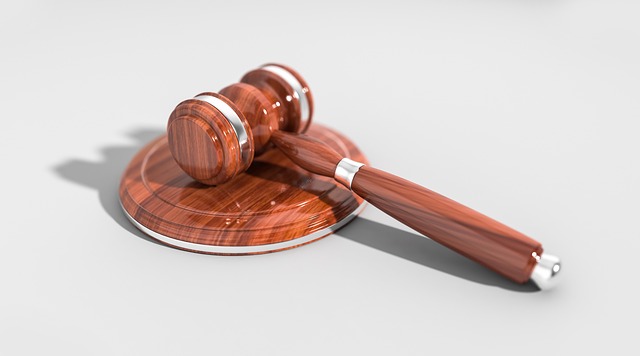
Criminal defense disputes often arise due to complexities within criminal proceedings, where misunderstandings, procedural errors, or disagreements on legal strategies can create significant challenges for both defendants and their attorneys. Common issues include miscommunication regarding case details, differing opinions on plea bargains, or disputes over trial tactics. These conflicts may stem from the high-pressure environment of criminal justice, where outcomes carry immense weight.
Defendants relying on legal assistance face the daunting task of navigating these disputes while ensuring their rights are protected. The expertise of criminal proceedings is crucial in deciphering intricate laws and regulations to build a robust defense strategy. Legal professionals play a vital role in guiding clients through these challenges, offering insights into potential consequences, and making informed decisions that can significantly impact the outcome of criminal cases.
The Role of Legal Assistance in Navigating Complex Proceedings
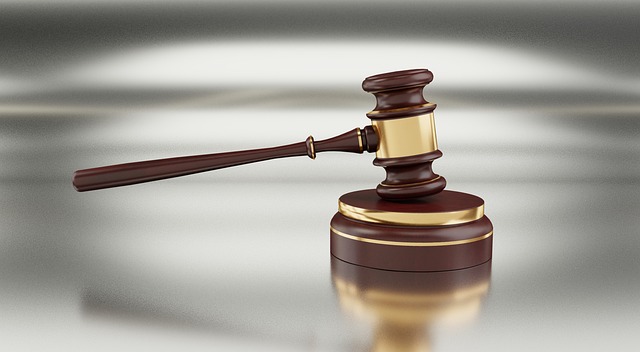
In the complex landscape of criminal defense, legal assistance plays a pivotal role in guiding individuals through intricate proceedings. With their vast knowledge and experience in criminal law, legal professionals act as indispensable navigators, ensuring clients’ rights are protected at every step. They demystify the often confusing legal jargon and processes, enabling accused persons to make informed decisions.
Legal assistants equipped with criminal proceedings expertise can decipher complex regulations, interpret evidence, and anticipate potential outcomes. This enables them to develop robust defense strategies tailored to each client’s unique circumstances. Their objective is to ensure fairness and justice by providing an advocate who understands the nuances of the legal system, ultimately facilitating a more efficient and effective resolution of disputes.
Expertise in Criminal Law: Unlocking the Keys to Successful Defense
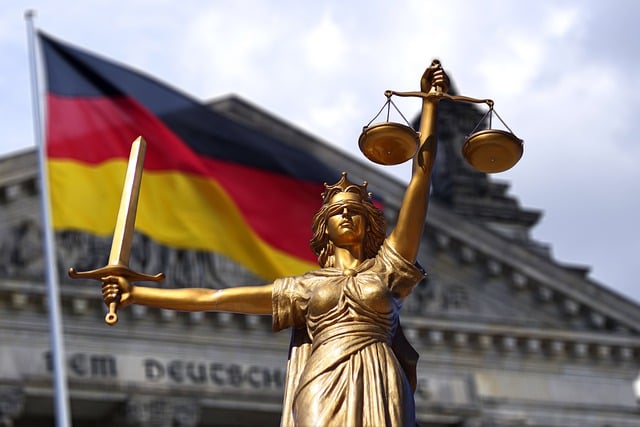
In the intricate world of criminal law, expertise holds the key to unlocking a successful defense strategy. Legal professionals specializing in this field possess an in-depth understanding of the complex rules and regulations that govern criminal proceedings. This specialized knowledge enables them to navigate the legal landscape effectively, ensuring that every aspect of the case is handled with precision.
When a client faces criminal charges, engaging a lawyer with expertise in criminal law becomes indispensable. These legal assistants can interpret intricate laws, analyze evidence, and develop robust defense arguments. Their proficiency allows them to anticipate potential challenges and proactively address them, ultimately advocating for the best possible outcome in court.
Strategies for Effective Communication Between Client and Attorney

Effective communication between a client and their attorney is pivotal for successful navigation of criminal proceedings. The attorney-client relationship should be built on open, honest, and transparent dialogue. Clients must feel comfortable discussing all aspects of their case, including potential weaknesses or concerns, while attorneys must actively listen to fully grasp these nuances. This two-way exchange fosters a collaborative environment where both parties work together towards the best possible outcome.
Strategizing communication involves setting clear expectations from the outset. Establishing regular check-ins, ensuring confidentiality, and agreeing on preferred methods of contact—such as phone calls, emails, or in-person meetings—can streamline the interaction process. Moreover, attorneys leveraging their criminal proceedings expertise to explain complex legal concepts in simple terms empowers clients to actively participate in decision-making, fostering trust and mutual understanding.
Case Studies: How Legal Aid Has Resolved High-Profile Disputes

Legal Aid organizations have played a pivotal role in resolving high-profile criminal defense disputes, showcasing their invaluable expertise in criminal proceedings. One notable example involves a defendant facing serious charges with limited resources. With Legal Aid’s intervention, they were able to secure qualified attorneys who challenged the prosecution’s evidence, ultimately leading to a favorable outcome and the dismissal of some counts.
These case studies demonstrate how access to legal assistance can level the playing field for those accused, ensuring they receive a fair trial. The organizations’ strategies often include thorough investigations, motion practice, and negotiations, allowing them to navigate complex criminal justice systems effectively.
Future Trends: Technology Enhancing Criminal Defense Dispute Resolution
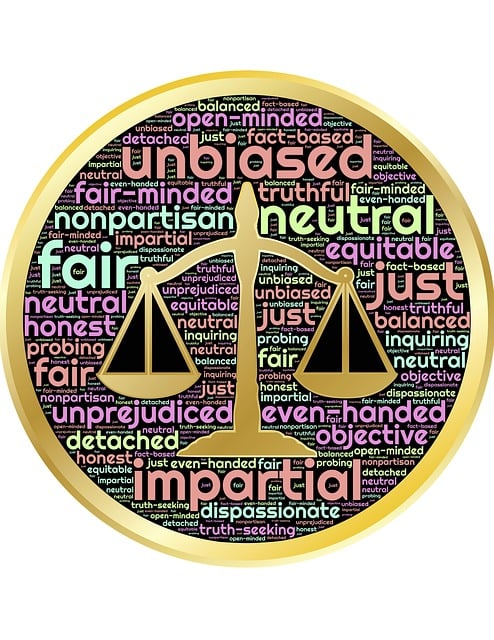
The future of criminal defense dispute resolution is poised for a significant transformation with technology playing an increasingly pivotal role. As legal professionals embrace digital tools and platforms, the way criminal proceedings are handled is set to evolve. Advanced data analytics and artificial intelligence can streamline the process of evidence review, enabling lawyers to quickly identify relevant information that might strengthen their client’s case. This technological enhancement promises to optimize efficiency and improve outcomes in criminal defense.
Moreover, virtual reality (VR) and augmented reality (AR) technologies have the potential to revolutionize courtroom experiences. These immersive technologies could facilitate better understanding and visualization of complex legal scenarios, enhancing both lawyer-client communication and jury deliberation processes. The integration of blockchain technology also offers enhanced security and transparency in managing digital records, which is crucial for maintaining the integrity of criminal proceedings expertise.







